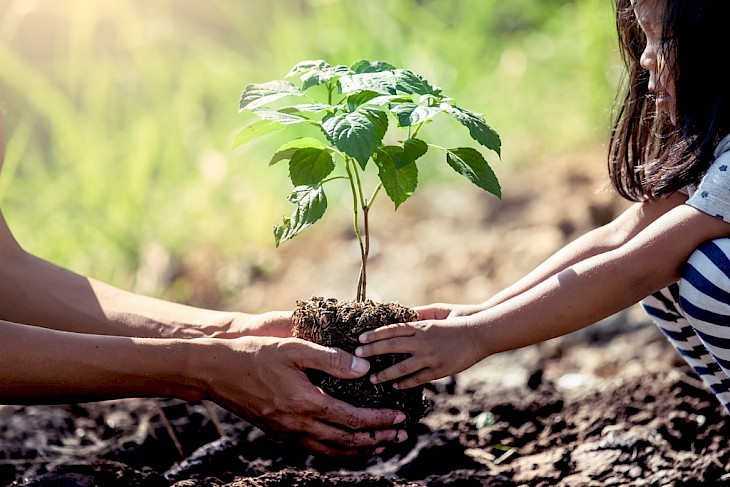While, according to the results of 2024, the Asia-Pacific region will account for 60% of global economic growth, some countries in the world are still not ready to cope with climate shocks and the consequences of transitioning to a more eco-friendly system. This is stated in a report published on April 8 by the Economic and Social Commission for Asia and the Pacific (ESCAP), as reported by Asiaplus.tj.
Of the 30 countries analyzed in the ESCAP study, 11 were identified as the most vulnerable to climate risks from a macroeconomic perspective: Afghanistan, Cambodia, Iran, Kazakhstan, Lao People's Democratic Republic, Mongolia, Myanmar, Nepal, Tajikistan, Uzbekistan, and Vietnam.
The document highlights the complex interaction between macroeconomics and climate. It outlines problems testing the economic resilience of the region, including slower productivity growth, high risks of public debt, and increasing trade tensions.
"Rising global economic uncertainty and deepening climate risks also make it more difficult for those setting fiscal and monetary policies. To navigate this changing landscape, not only sound national policies are required, but also coordinated regional efforts to protect long-term economic prospects and address climate change," said UN Deputy Secretary-General and ESCAP Executive Secretary Armida Salsiah Alisjahbana.
There are also significant disparities in the ability to cope with challenges in the region. While some countries have mobilized significant climate financing and adopted green policies, others face a range of issues, including fiscal constraints, weaker financial systems, and limited public financial management capacity.
The review examines how countries are implementing policies to manage various economic issues related to climate change.
Despite the fact that, compared to the rest of the world, the economic growth rates in the developing economies of the Asia-Pacific region have remained relatively dynamic, the average economic growth in these countries slowed to 4.8% in 2024 from 5.2% in 2023 and 5.5% during the five years before the COVID-19 pandemic.
To ensure sustainable economic growth, the review emphasizes the importance of active government support for modernization in more productive and high-income sectors of the economy. The region should also leverage its competitive advantages in green industries and value chains as new sources of economic growth, and develop inclusive regional economic cooperation that benefits both developed and developing countries.
CentralasianLIGHT.org
April 8, 2025

